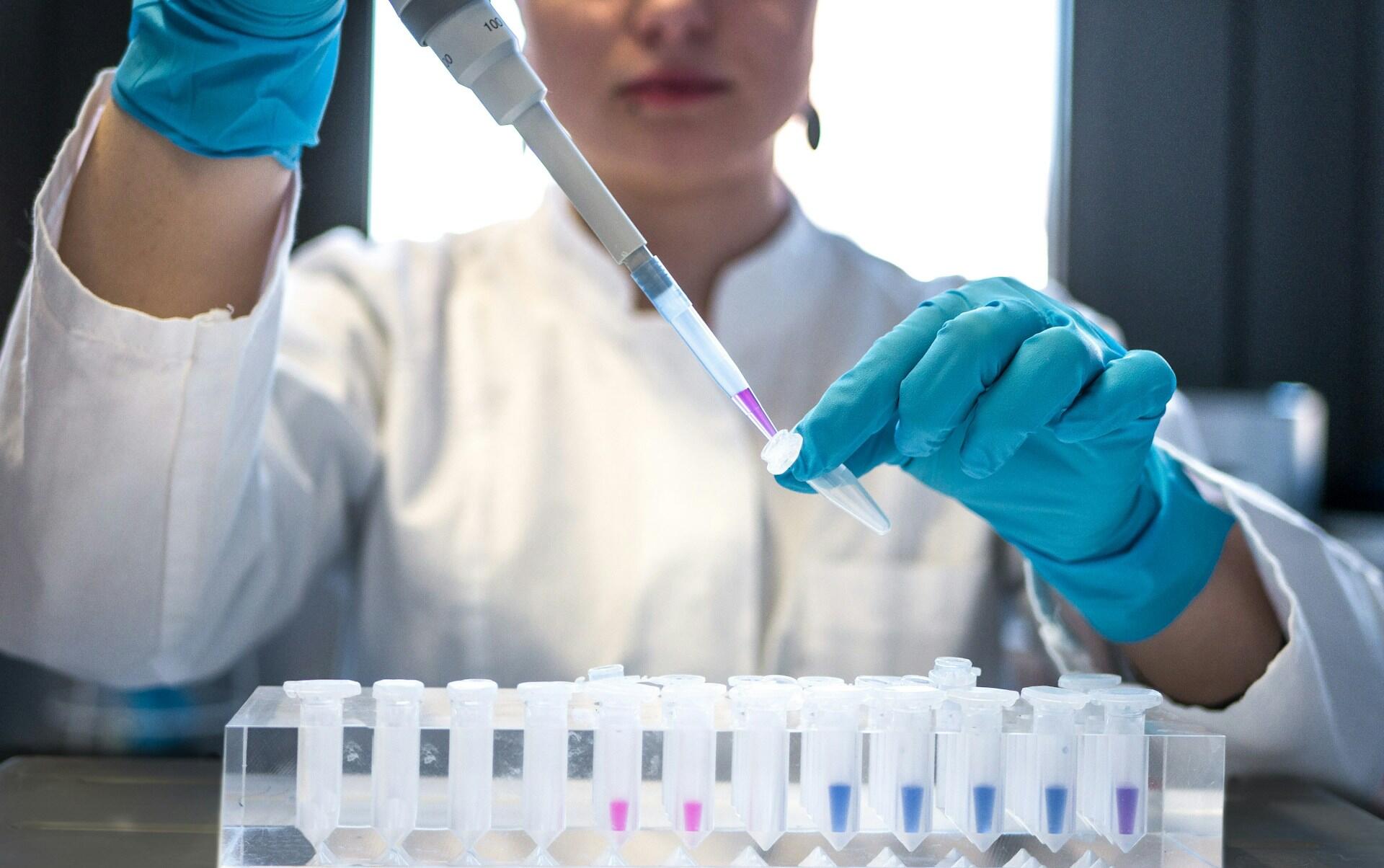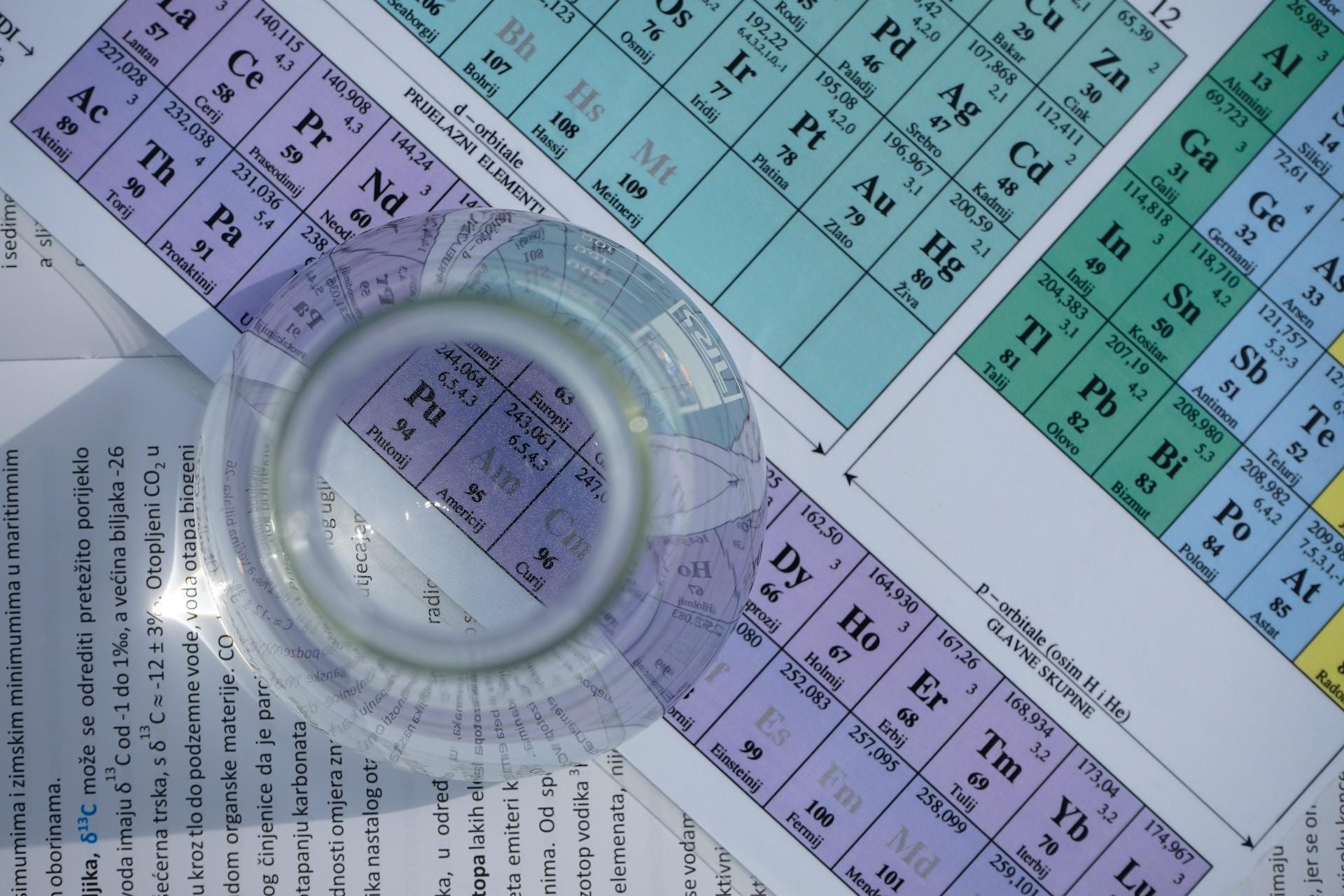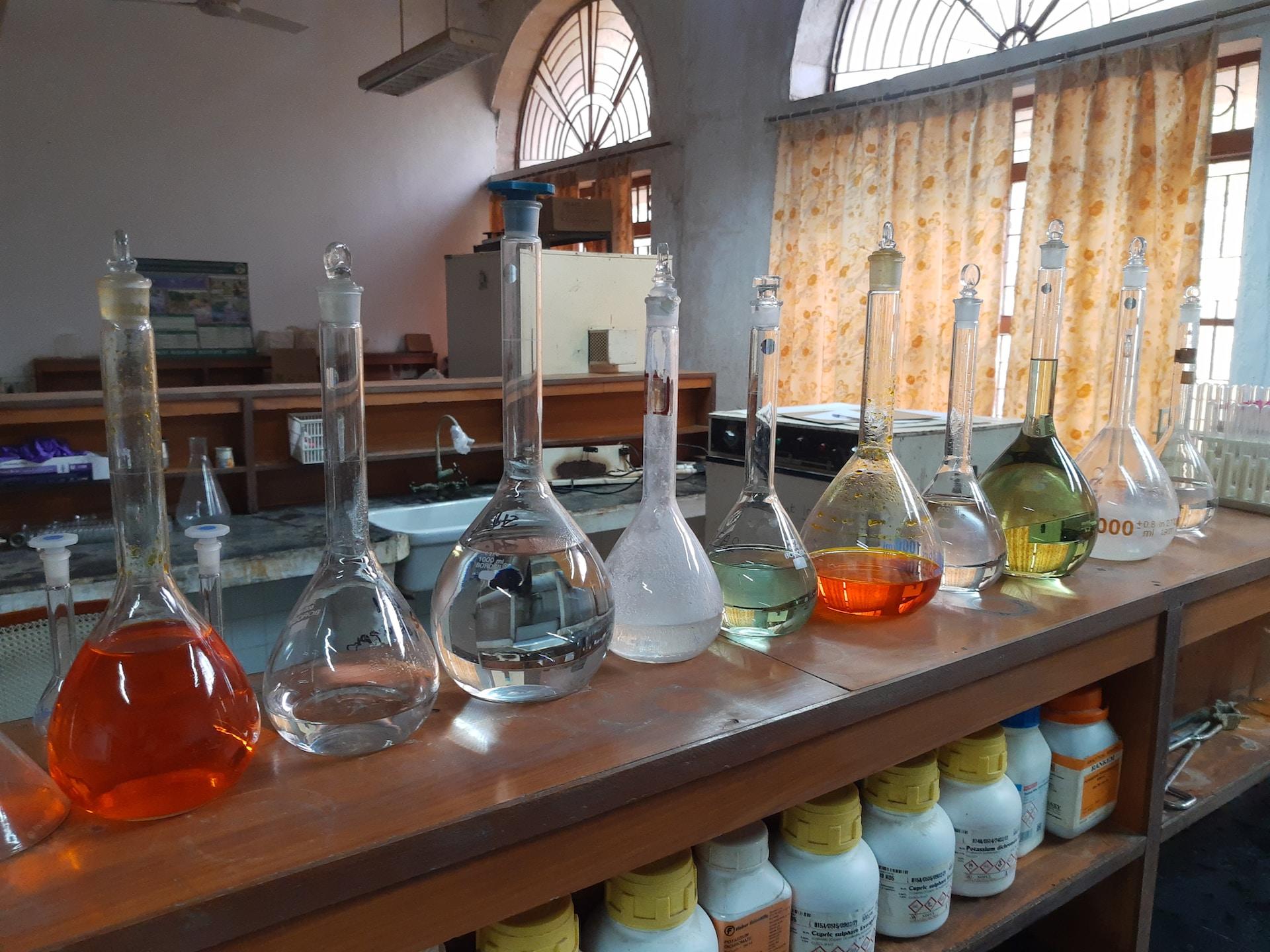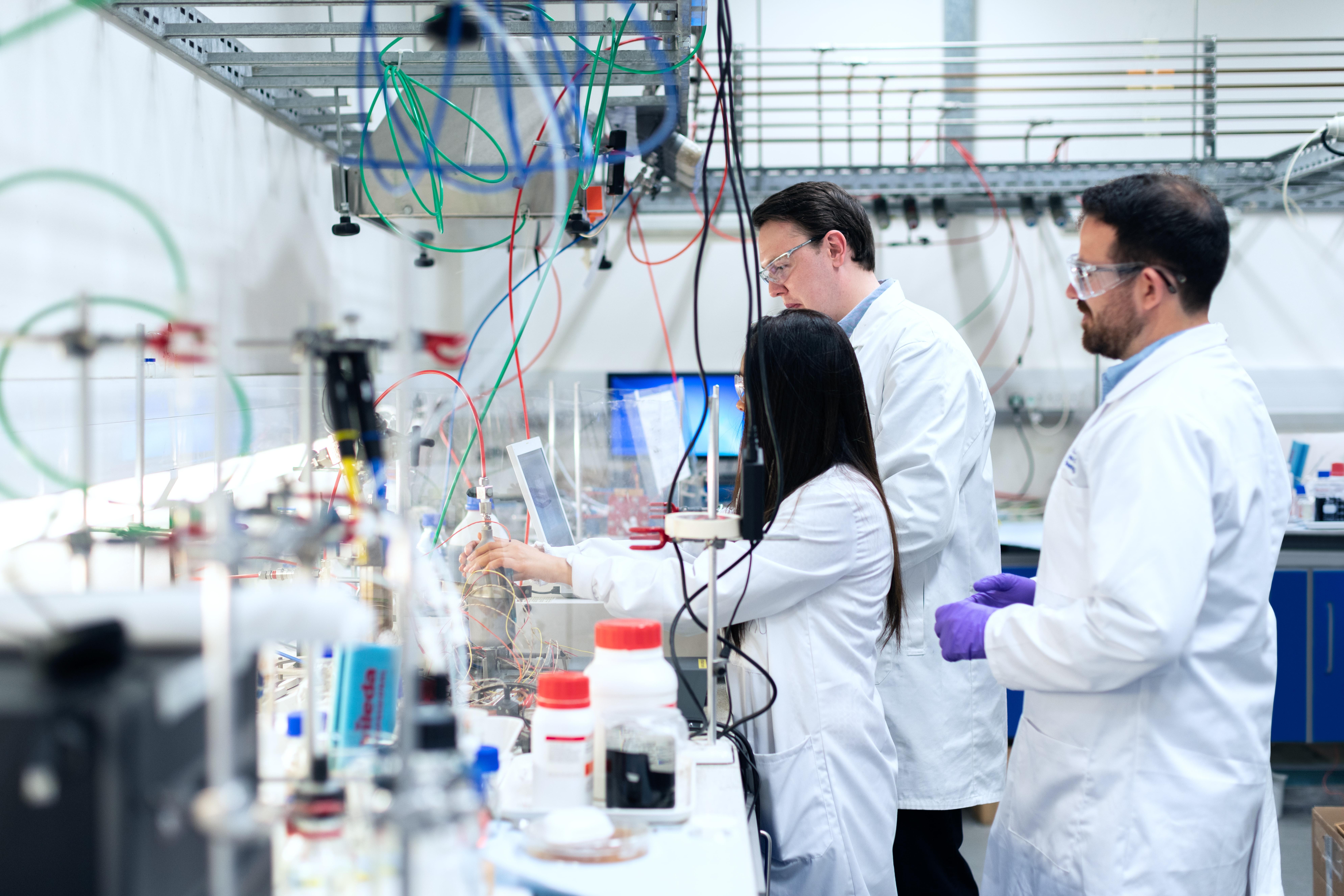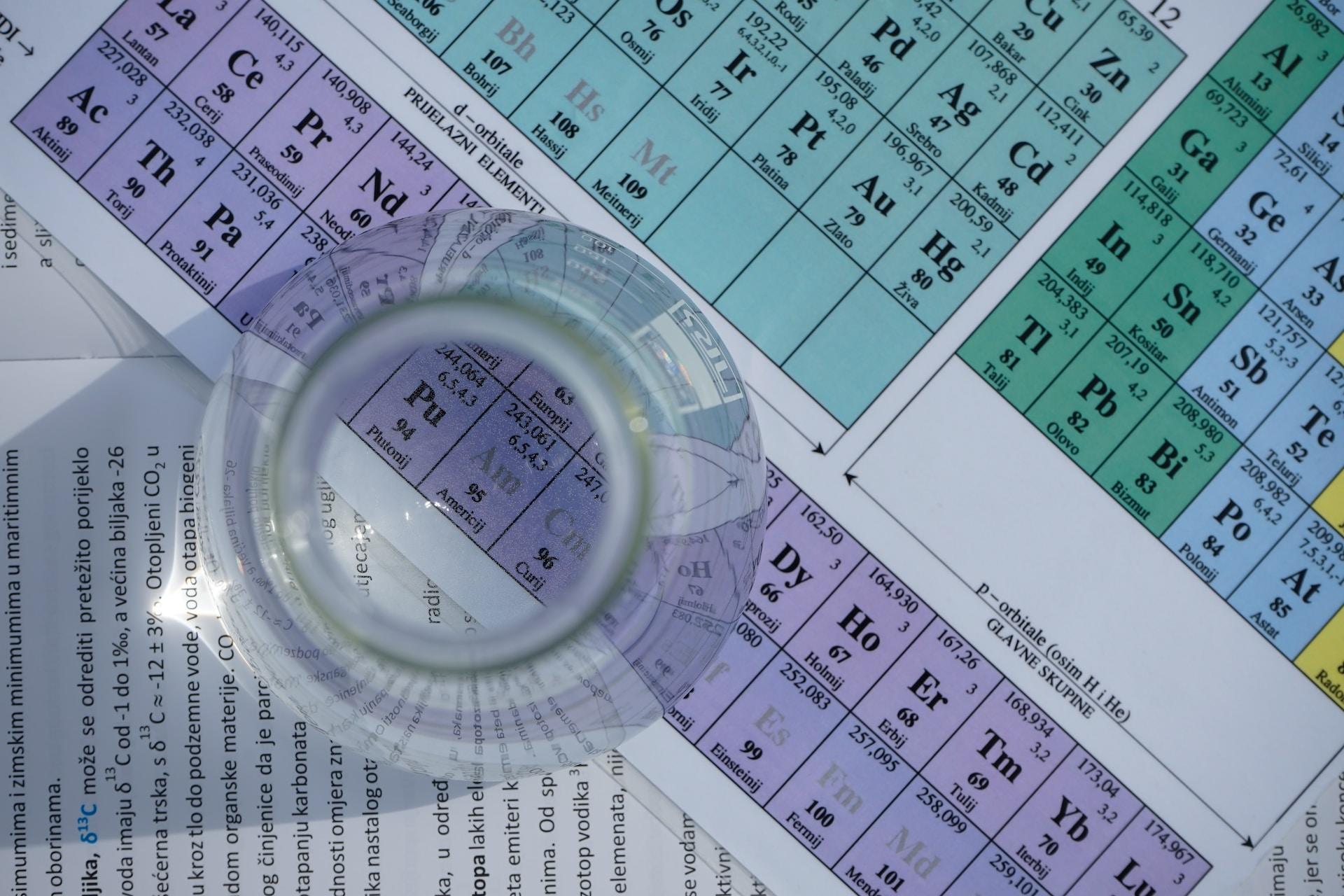Chemistry underpins every aspect of scientific study, from the ionic level to compound materials. As such, it ranks among the most generous disciplines, in terms of career opportunities and satisfaction. This science has enormous impact in four areas in particular: pharmaceuticals, engineering, our food supply, and our environment. This article explores these and other areas of chemical studies, focusing on today's most vital aspects.

What Courses Require Chemistry as a Prerequisite?
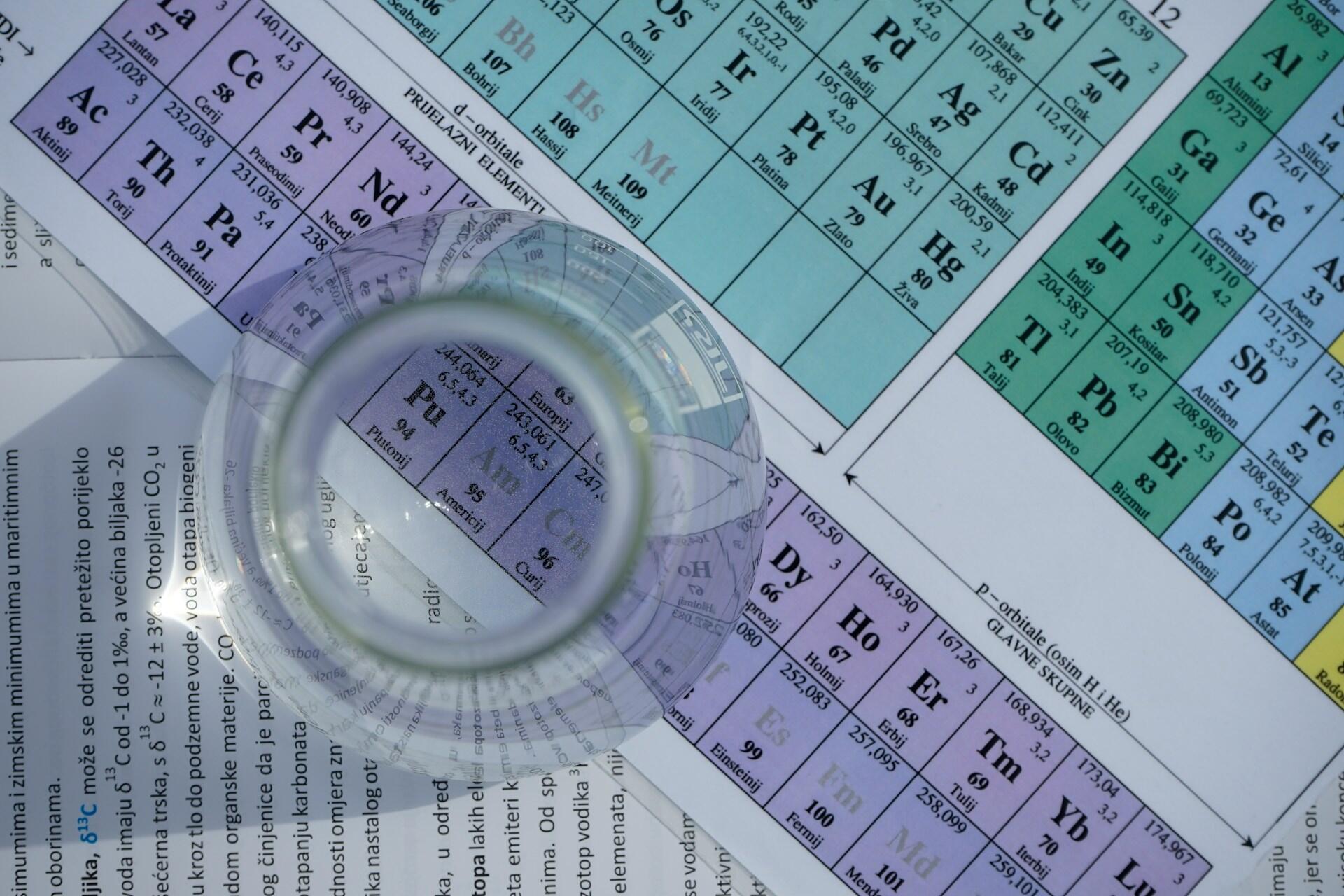
Practically all the Australian university chemistry courses we reviewed demanded high school chemistry studies. Food science degree plans are outliers, in this respect. But Chemistry is a recommended subject.
Any university applicant intent on pursuing a Bachelor of Science in Chemistry must have prior knowledge. That goes for traditional pathway students - high school to uni, as well as international students applying to Australian universities.
Technical and Further Education (TAFE) students, and applicants who've been out of academic circles for more than two years may take a separate course to meet this requirement.
The curriculum for Chemistry Bachelor degrees covers all aspects of this science, from the inorganic, through organic chemistry, and into physical chemistry. Students have a set number of core requirements, after which they may choose electives, to fulfil their degree plan credit requirements.
If you'd like to know more or be more prepared for your Chemistry Bachelor's degree, visit Superprof and find an array of chemistry tutors who can help you reinforce and improve your knowledge of chemistry. If you live in Brisbane, for example, type in "chemistry tutor brisbane" onto your browser, followed by Superprof and you will find the Superprof platform and thousands of teachers on it.
Top Schools For Chemistry Study
| 🏫 School | 📊 Australian rank | 🌏 Glabal rank | 📚 #1 for studies in: |
|---|---|---|---|
| University of Queensland | 1 | 66 | Biochemical engineering Food science Chemical engineering Physical chemistry Environmental chemistry Radiochemistry |
| University of Melbourne | 2 | 70 | Biochemistry Polymer science and plastic engineering |
| University of Sydney | 3 | 80 | Pharmacy studies |
| University of New South Wales | 5 | 110 | Inorganic chemistry Materials science Nanotechnology |
| Australian National University | 6 | 141 | Petrology and geochemistry Computational chemistry |
According to the website EduRank, the University of Queensland (UQ) is #1 in Australia for Chemistry studies. It's also tops for Chemistry sub-specialities like Environmental Chemistry, Food Science, and Chemical Engineering. (More on those chemistry majors below).
UQ's Chemistry program covers experimental chemistry, physical chemistry, organic and inorganic chemistry. You might find their self-assembled systems and nanomaterials topics particularly interesting. Besides their great course structure, these are the reasons UQ's Chemistry degrees are so popular:
Chemistry Study and Environmental Science
Environmental science is one of the most demanding chemistry degrees to earn. The pressure is justified, as today's environmental concerns are fast becoming an existential threat. Students applying for Environmental Chemistry degree plans know this, and they are up to the challenge.
Those students also know that environmental science chemistry degrees are the way to career variety.

Australian universities offer a long list of electives to complement their core chemistry studies. This major-minor course plan allows students to develop the knowledge and skills targeted at the area of environmental science they wish to work in.
Median ATAR: 80 - 90, depending on the school and selected major
International Baccalaureate (IB): 29-30
Assumed knowledge: Maths and Advanced Maths, one or more of the sciences, English
Any student serious about their Environmental Chemistry degree will first investigate UQ's programs. Should you find that school's requirements too demanding, you might look into the University of New South Wales' programs. The Australian National University (ANU) also ranks well in this subject.

Chemistry Courses for a Bachelor in Pharmacy

A Bachelor in Pharmacy is a narrow degree in chemistry, focused on serving the public by dispensing medicines. Of course, that entails knowing those drugs' chemical compositions and properties, how they react in the body, and how patients should take them.
Pharmacists must also know how to assess their customers' health, based on their appearance and the concerns they express. For instance, a patient with dry skin, broken fingernails and limp, thinning hair may have an undiagnosed thyroid condition.
A few targeted questions (are you sleeping well? How's your appetite?) can help the pharmacist advise the patient on issues to take up with their doctor. So, communication skills are an essential part of every Australian university's pharmacy curriculum.
A competent pharmacist will advise customers about drug interactions, even for over-the-counter medicines like vitamins and supplements.
That suggests that pharmacists in training absorb extensive knowledge about chemistry. In fact, pharmacy degrees in Australian universities have little to no room for any electives. On the other hand, these programs include internships and supervised practice.
The Best University for Pharmacy Studies
The University of Sydney takes the top spot for pharmacy studies across Australia. This five-year program teaches students the chemistry of medicine, and how those drugs interact with the human body. Students learn the ethics and legal aspects of dispensing medicines, and other topics related to this science.
Monash University runs a close second to the University of Sydney. After further exploring the list of top universities for pharmacy studies in Australia, we find:
- University of Melbourne
- University of Queensland
- University of New South Wales
- University of Adelaide
- University of Western Australia
- Flinders University
Chemistry Degrees in Chemical Engineering
Of all the chemistry degrees, this is one of the broadest fields of study. Students who choose this degree plan may find their career in environmental and/or agricultural science. They would be equally at home in food production plants as in laboratories, analysing substance samples.
On the other hand, it's one of the most rigorous courses to apply to. It demands one of the highest ATAR, and has the most stringent prerequisites. Even international students must meet higher educational standards to apply to these courses.
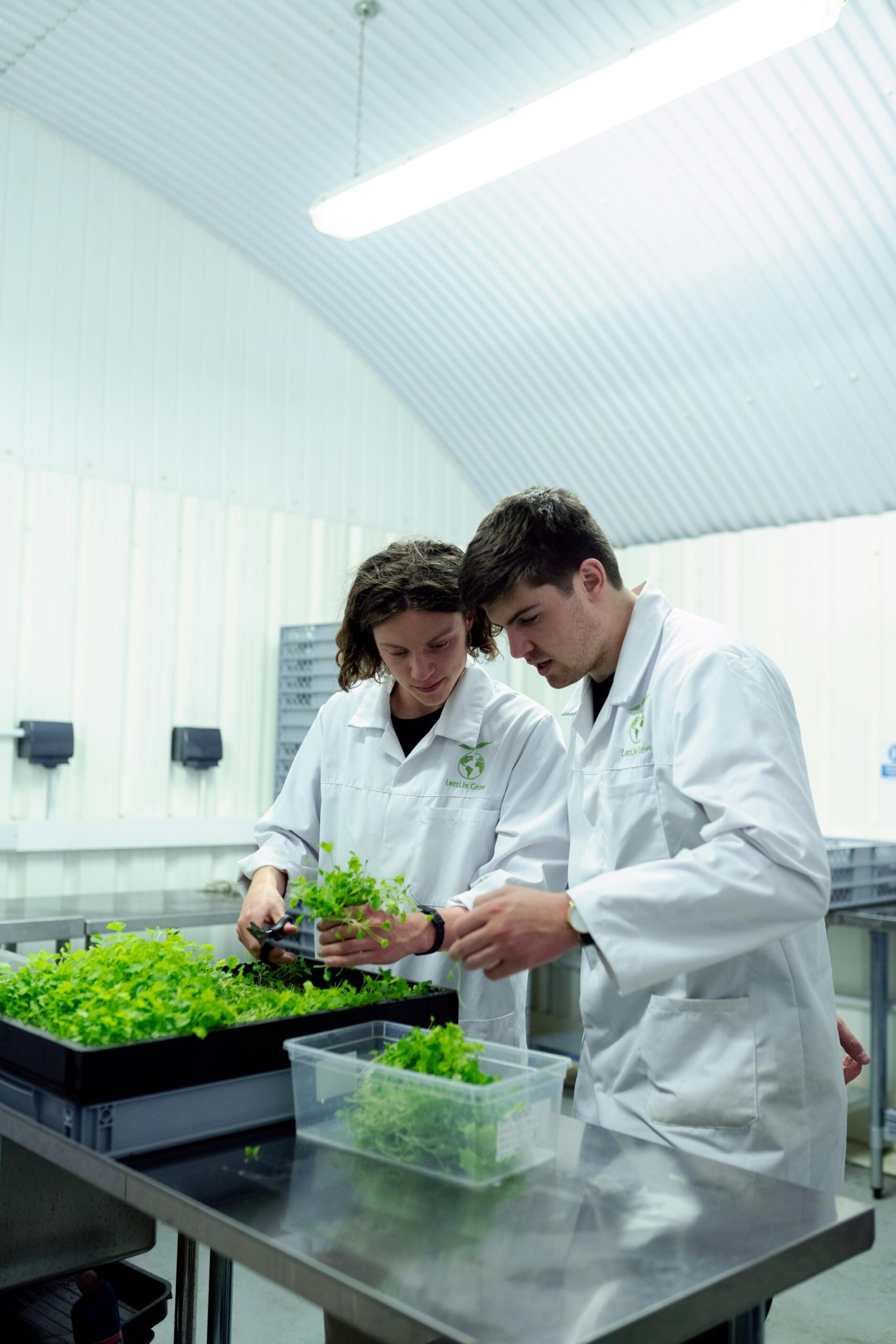
An IB total score of less than 30 won't merit consideration for entry into these programs.
Lowest selection rank: 80 to 85.10 (lowest adjusted scores for 2024 entry)
Median ATAR for consideration: 90 to 94 (adjusted)
Highest ATAR: 99.95 (adjusted)
Prerequisites: Mathematics and Advanced Maths, Chemistry and Physics, English
As noted above, EduRank places UQ in the #1 spot for Chemical Engineering, and our next area of chemistry study, too. You might explore the top Australian universities for this degree, so you can major in Chemical Engineering, while minoring in Food Science.
Are you interested in Chemical Engineering but do not know where to start? Lessons with ib chemistry tutors could help you find the right path for you. Visit Superprof and find a long catalogue of science and chemistry tutors near you.
A Diploma in Chemistry for Food Science
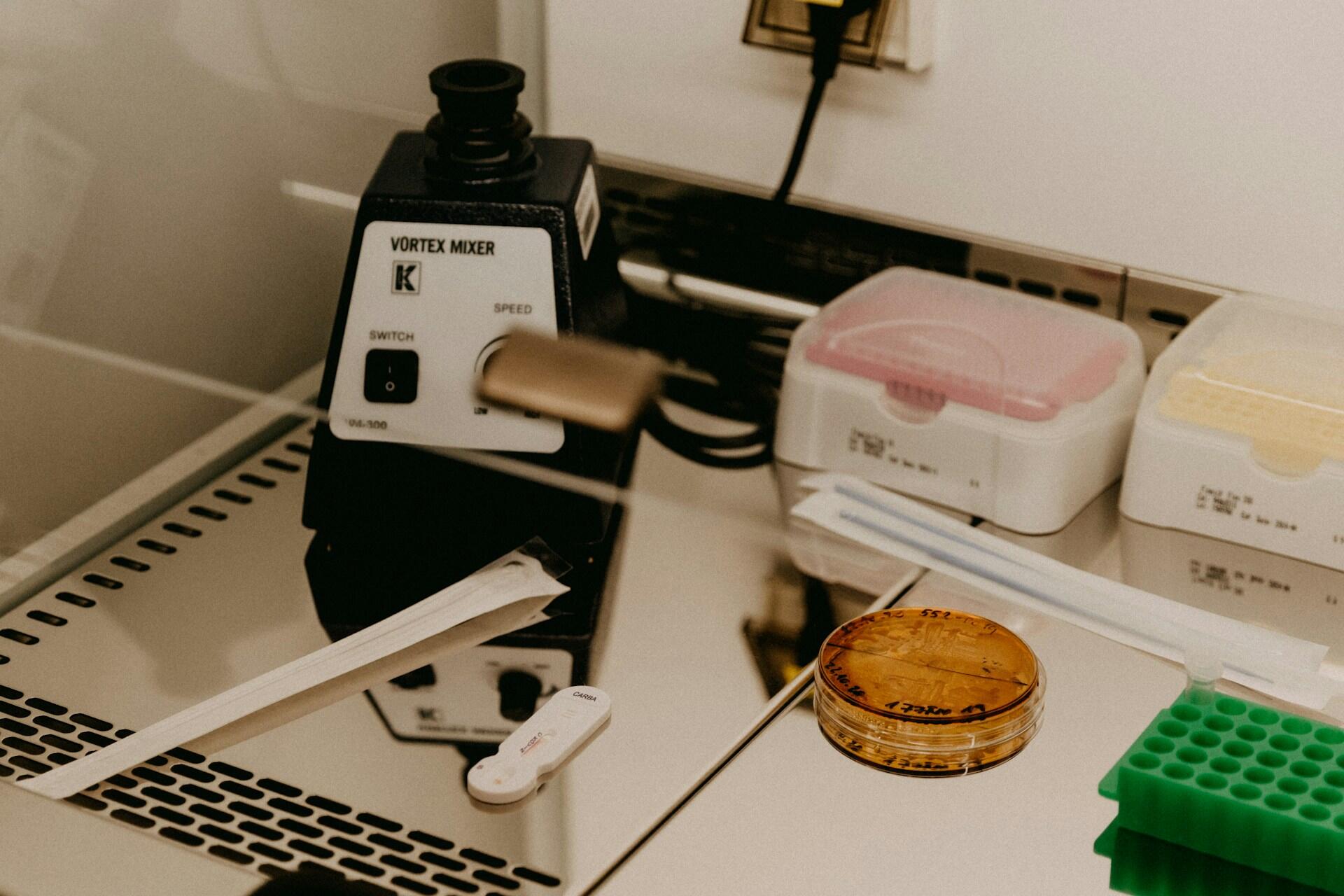
Or, you could devote yourself to food science studies entirely. This is a well-rounded field, with many career opportunities open to degree holders. You might choose a public-facing role as a chef, nutritionist, or food marketing specialist.
And, if you're more comfortable away from the limelight, working in food design and production would be better for you.
At UQ, the top destination for students of food science, applicants may choose between food science and food technology programs. These fields are related, but distinct from one another:
Studies foods' physical, biological, and chemical properties.
This field focuses on processing, preserving, and packaging food.
It aims at improving foods' taste/textures.
It examines the social and cultural aspects of food.
Studies foods' physical, biological, and chemical properties.
This degree plan focuses on improving food processing, preservation, and packaging.
Food technologists create new food products.
This field ensures food safety.
With these focus variations clear, you have a better idea of which study track will lead to your desired career. Now, it's just a matter of choosing the university that offers all the incentives you're looking for.
UQ is but one of the 38 Australian universities that offer degree programs in food science and food technology. Admissions requirements are lower than for most chemistry degree plans, and the course is typically only three years. This study program's popularity compels most of Australia's public universities to offer comparable programs.
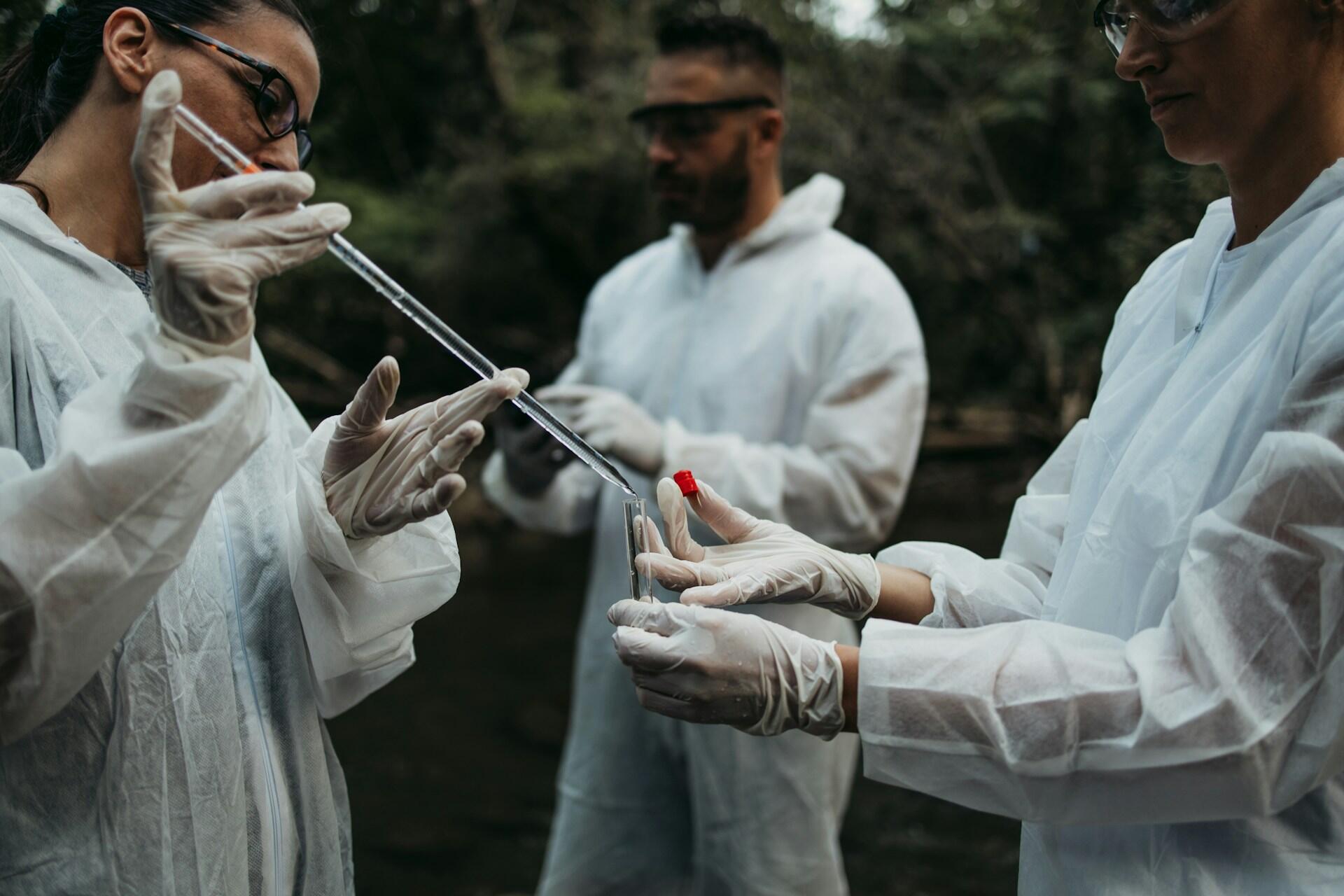
Chemistry Courses for Forensic Science
Forensic science is a fast-growing field in Australia, thanks to popular television series and true crime podcasts. Words like luminol and DNA have become a part of mainstream language. Both rely on chemical properties for their creation and function.
Crime scene investigators use forensics to find evidence of crimes. Naturally, police investigators don't test the evidence themselves. They might collect and label samples, and send them to the laboratory for processing and identification. Forensic scientists take things from there.
The University of Technology Sydney (UTS) offers the best programs for forensic science.
Admissions requirements depend on the selected degree program.
UTS is a public research university that makes the most of its long legacy to offer the most diverse chemistry courses. Its forensic science program is world-class. Still, it's rather limiting, compared to other areas of chemistry study. So, UTS offers a respectable list of honours courses, as well as double majors:
- Bachelor of Forensic Science with Criminology
- Bachelor of Forensic Science with Laws (also available as an Honours course)
- Bachelor of Forensic Science with Creative Intelligence and Innovation
- Bachelor of Forensic Science with International Studies (also available as an Honours course)
ATAR and entry requirements are relatively low for forensic science courses, across the nine Australian universities that offer them. For some schools, an 80 ATAR is enough for consideration into these degree programs. Most have no prerequisites - though, it does help if you aced your high school Chemistry and Biology courses.
If you're a true-crime buff, you can discover more about what UTS forensic science degree plans offer, and which other schools have similar programs. You'll note that this particular area of chemistry study is fairly limited in its applications, compared to others this article describes. Still, its targeted studies offer many of the same benefits as more mainstream chemistry degrees.
Superprof is a platform that helps students connect with science tutors. Are you looking for an online chemistry tutor? Superprof helps you find both online and local chemistry tutors in Australia. If you are searching for tutors in your city and you live in Sydney, for example, it is as simple as typing in "chemistry tutor sydney" on the Superprof platform and you will have access to a long catalogue of chemistry teachers in your city. Visit Superprof and find the chemistry lessons you are looking for today!
My chemistry career goals are:
Summarise with AI:
















